"Play may be the paradox to play, theorists, but to good friends, it's a sure thing."
Every edition of Today’s Playground contains a “Value of Play” section. Within this section, an article addressing (obviously) the value of play is printed. But what exactly is play?
The editors, authors, advertisers and especially the readers of Today’s Playgrounds are committed to the world of play. We are play advocates. We are married to the idea of play because we believe not only in the benefits play offers children, but also because we can’t imagine a world in which there is no play. The time, energy, money, thought, sweat, swears, reading/writing/arithmetic investments that go into creating more and more safe and more and more fun play environments are deemed justified when we watch children swarm like ants within, around and through our play structures; when we hear children scream with high-pitched squeals as they point their toes toward the clouds during a “to” on the to-fro swings; when we feel the energetic vibes resonating from the ramps as skaters swoosh by. It’s worth it all. It’s play at its best. But what exactly is play?
When you are asked to define “play,” what do you say? “Play is fun” or perhaps “Play is a child’s work?” Maybe you would say, “Play is whatever act is freely chosen” (this answer very cleverly leaves room for ‘work’ to equal ‘play’). These are all excellent descriptive definitions. Or you may choose to use a functional definition approach: “play fosters social development,” “play is a medium for expression,” “play develops the brain.” Other definitional approaches are possible, but do any of them actually say what play is?
In a survey of dictionary definitions, almost 150 different definitions of “play” were found, but there’s always the chance that Mr. Webster missed a couple. So which definition do we use? The thesaurus also adds to the complexity: amusement, pleasure, entertainment, relaxation, game, movement, merrymaking, frolicking, reveling, frisky, sportive/sport, gambling, whimsical, lighthearted, kicking up heels, romping, carefree, monkey business, woo, carouse, dance, make jokes, jump about and on and on. So which word do we use?
Research yields even fewer solid answers to the question, “what is play?” The following list is a sample of what some of the “big-wigs” of the play research and theory field have to say: (list found in Sutton-Smith 1997 The Ambiguity of Play text)
- Play mirrors and consolidates the development of cognitive stages. (Piaget)
- Socio-dramatic play is advantageous to education. (Smilansky)
- Play is an imitation of adult activities. (Malinowski)
- Play anticipates the development of cognition. (Vygotsky)
- Play is a preparation for the future. (Groos)
- Play generates mastery and feelings of competence. (Erikson)
- Play is a catharsis for the past history of the species. (Hall)
- Play is contest and contests have a civilizing influence. (Huizinga)
These proclamations range in focus as much as the definitions and synonyms do. The question, therefore, remains unanswered: What is play? For those of us who have committed ourselves to the world of play and have vowed to keep play safe and fun, how do we function within a world made up of such ambiguity? If we can’t even say what play is, how can we be its advocate?
What we can say is that the complexity of play is an important aspect of human development. We may not know all of the ways that play impacts children, but we do know that when healthy children and animals play we can see that it is an important aspect of their lives. The interactions of play become an important part of who we are and how we interact. In studies with animals and children deprived of play, we see how critical it is that children have time to learn the complex interactions that are required for social interaction. Rhesus monkeys that have never had the chance to play, see other monkeys as threatening rather than friendly. Children who engage in rough and tumble play are good at the give and take required to know what play is and what it is not. Play helps us learn and practice the skills we will need in adulthood like problem-solving, communication skills and physical skills and fitness. Play also helps us to better understand emotional experiences by reenacting them over and over until they are comprehended. Play can affect children in many different and important ways, which means opportunities for play should be created for all children to ensure that all children have the opportunity for healthy development.
In order to make the wisest decisions on choosing and designing playground equipment, it’s critical to understand about what you are making decisions. There is no secret definition of play that lies with the man behind the curtain, and there especially is not one with the authors of this article. The point advocated here is that the complexity of what we do be recognized and that play not be seen as simple and straightforward, that it not ever be regarded as “just play.”
References
- Cannella, G. (1997). Deconstructing early childhood education: Social justice and revolution. New York: Peter Lang.
- Frost, J., Wortham, S., & Reifel, S. (2001). Play and child development. Upper Saddle River, NJ: Merrill Prentice Hall.
- Sutton-Smith, B. (1997). The ambiguity of play. Cambridge, MA: Harvard University Press.
- Trevarthen, C. (1989). Origins and directions for the concept of infant subjectivity. In Society for research in child development newsletter, ed. B. Rogoff. Chicago: University of Chicago Press, 1-4.

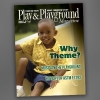
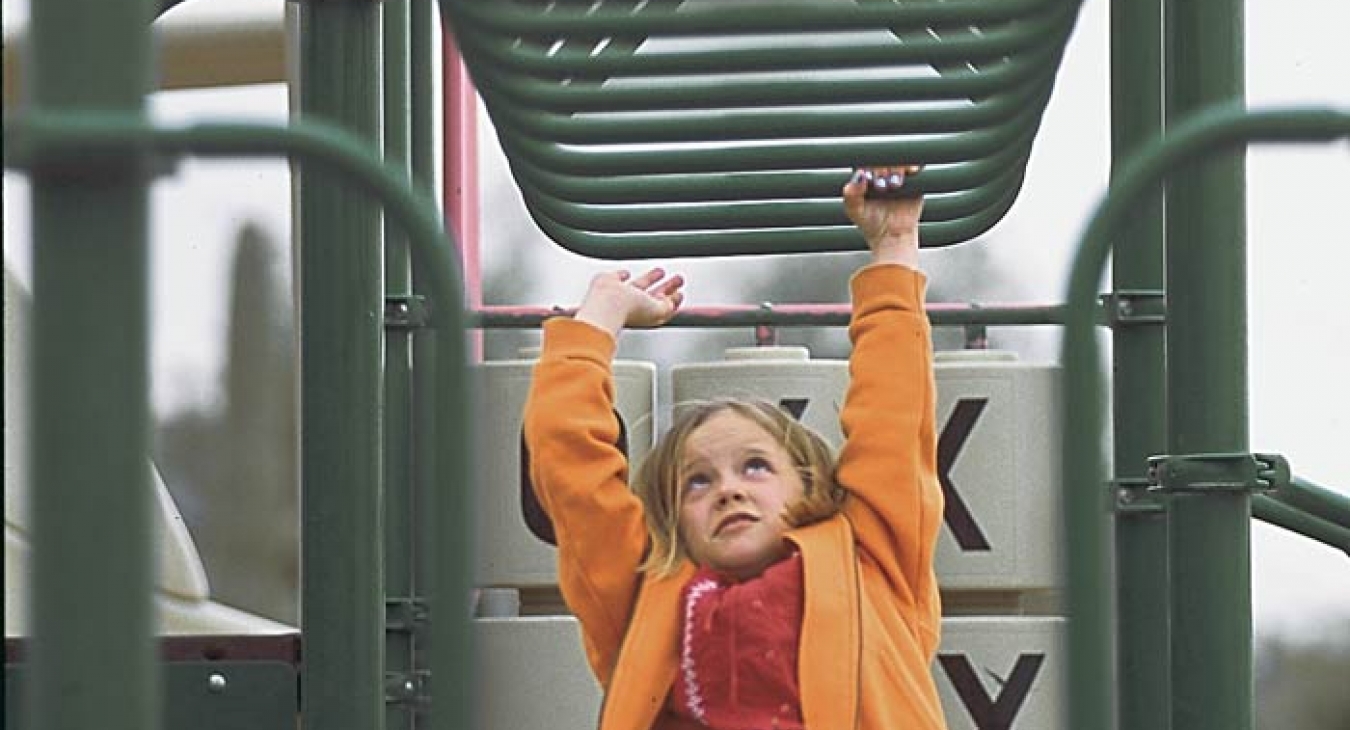
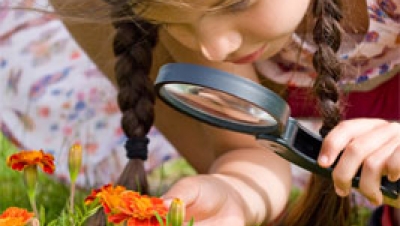

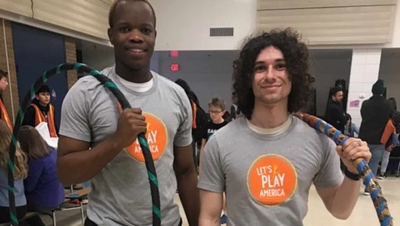

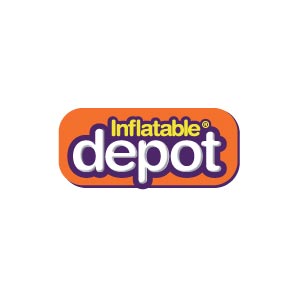
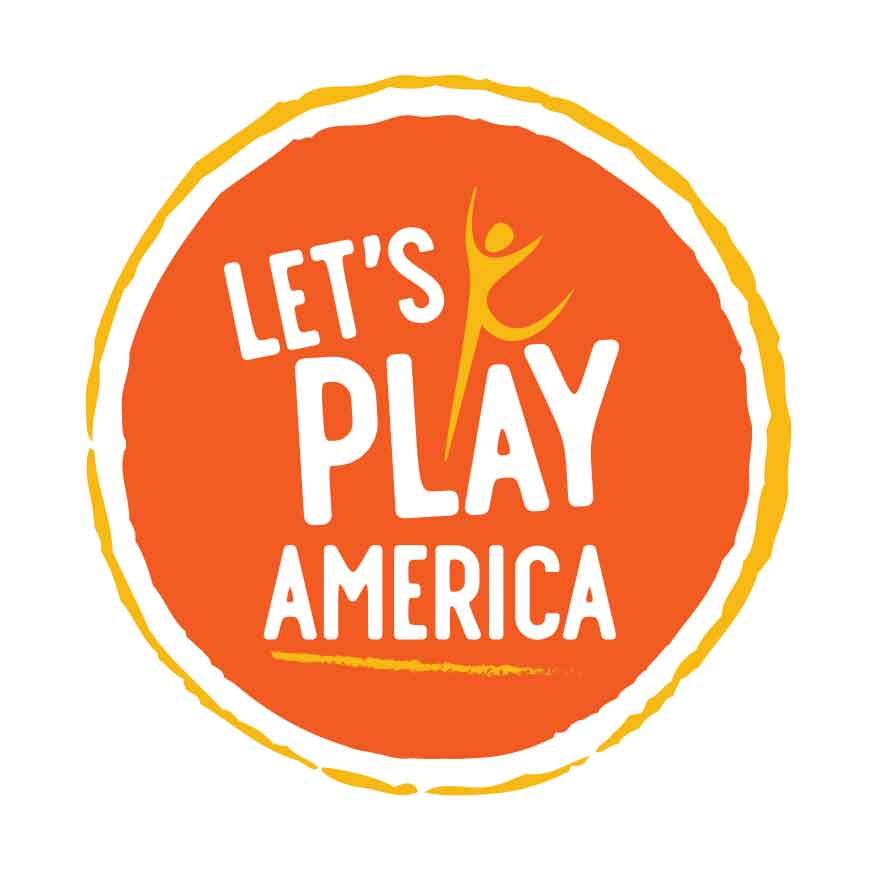

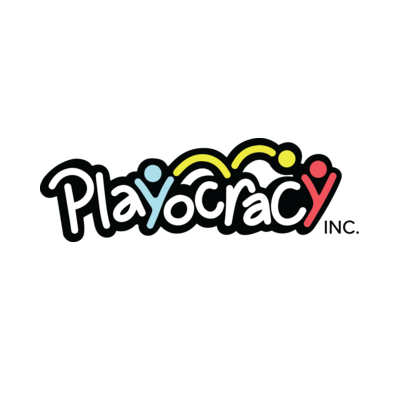



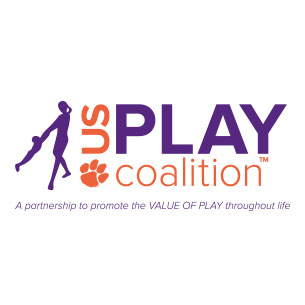

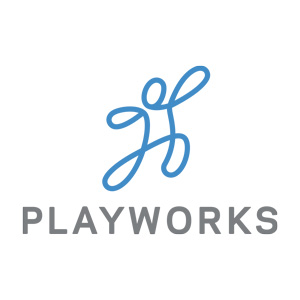


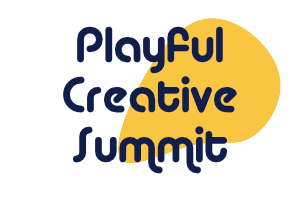
Add new comment